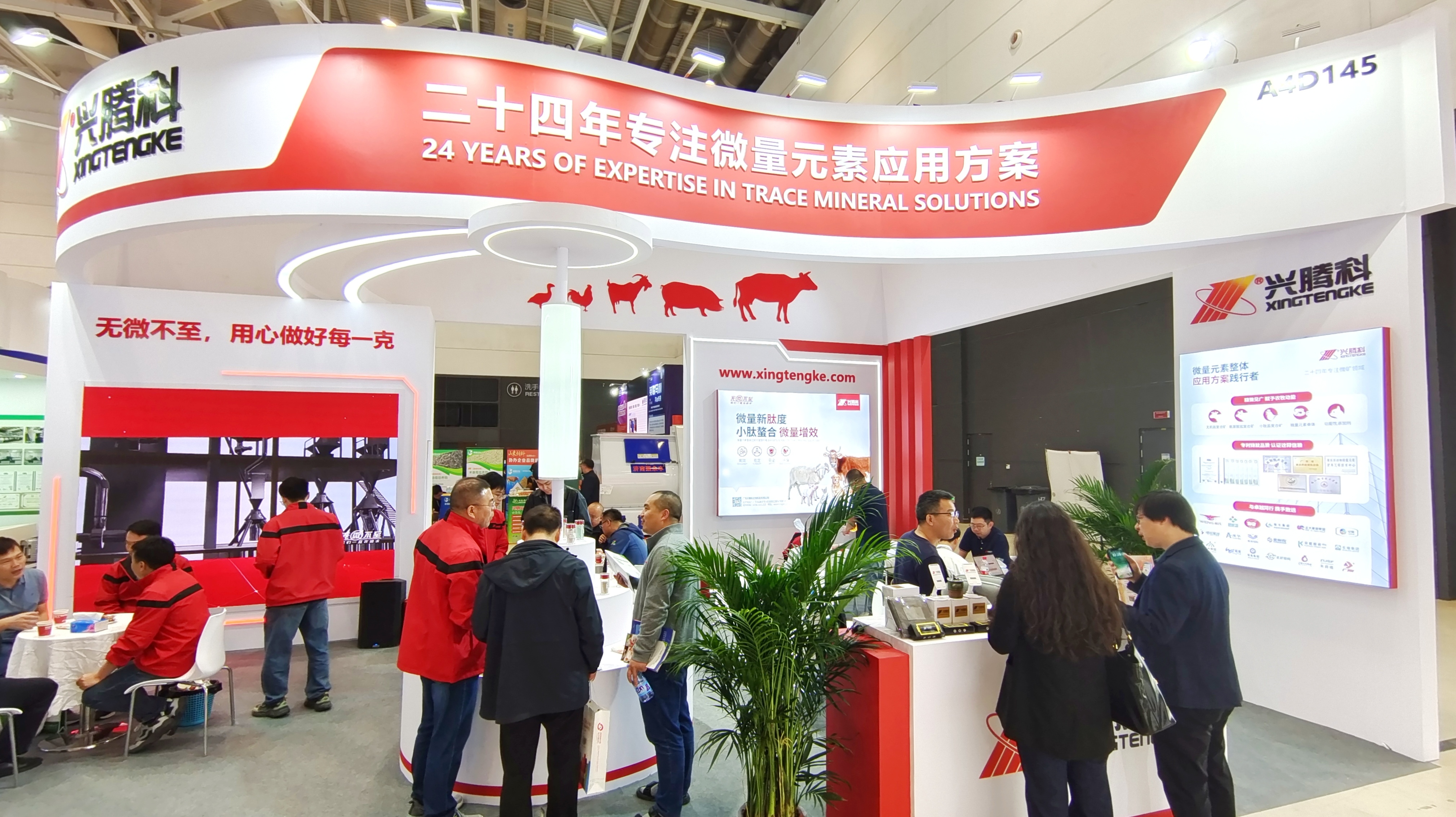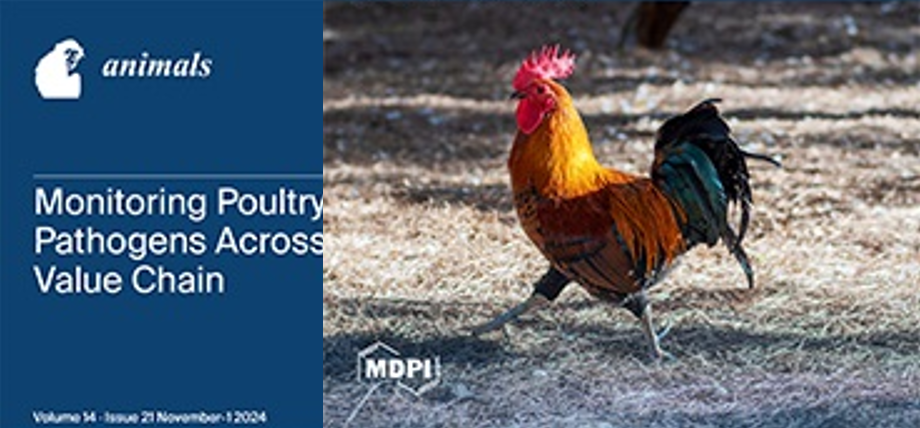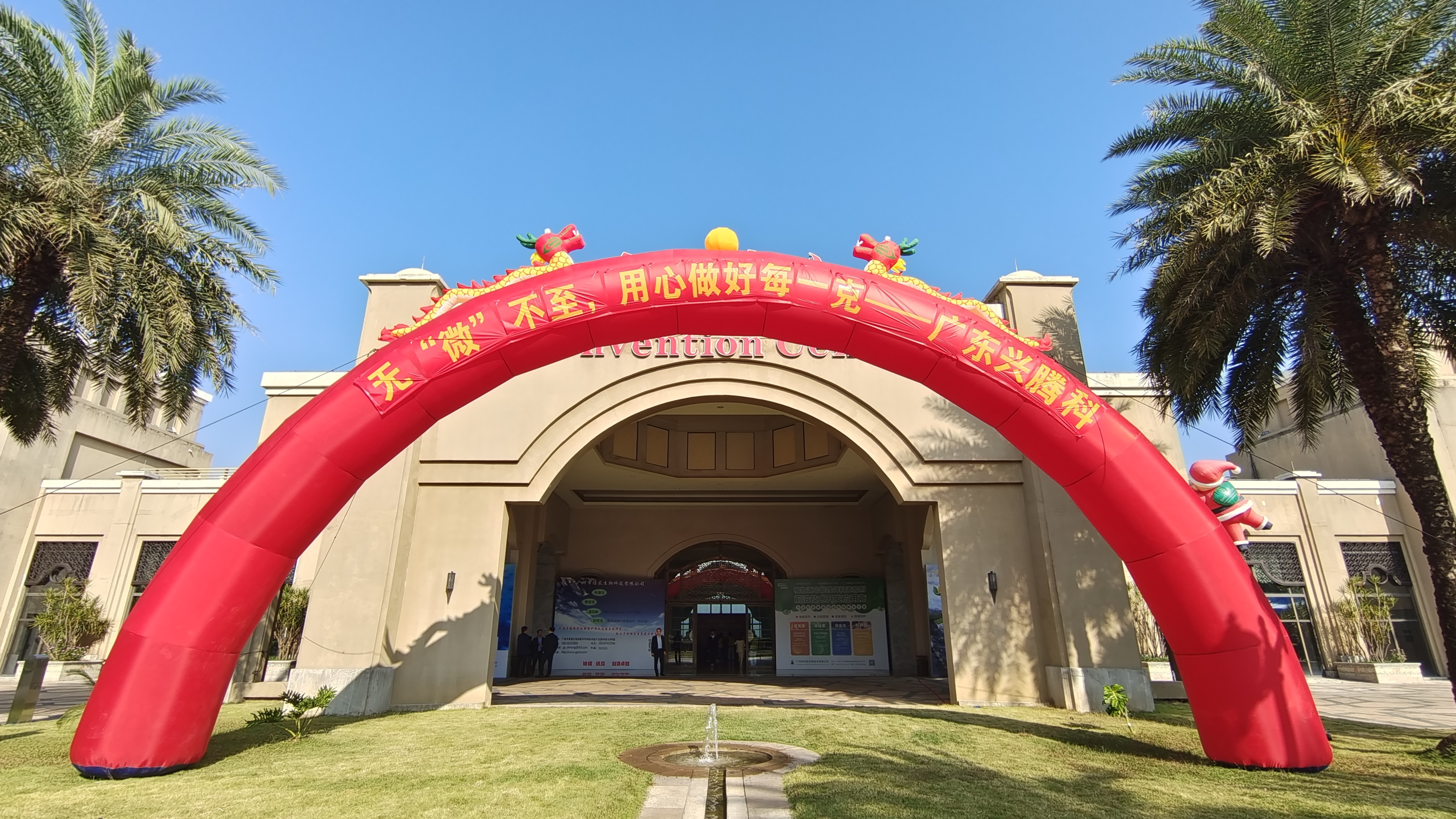See "micro" knowledge | research progress of organic trace elements (protein salts)
Release time:
2022-04-08 09:26
Source:
Summary
trace elementIt is an essential nutrient for maintaining the normal growth and development of animals, reproduction, and participating in various enzymatic reactions in the body. It has the characteristics of trace and high efficiency.
With the rapid development of intensive and large-scale livestock and poultry breeding industry, some heavy metal elements are widely used in breeding. Usually, the absorption rate of inorganic trace elements in the digestive tract of animals is low, and most of them are excreted through feces, which not only damages the environment, but also causes waste of resources.
A large number of scientific research and production practice show that, compared with inorganic trace elements,organic trace elementsMore effective in today's context.
Definition and Classification of Organic Trace Elements
Organic trace elements are simple complexes or chelates formed by combining metal elements with organic complexes, proteins, amino acids, organic acids, small peptides, etc. through covalent or ionic bonds. hasHigh digestion and absorption rate, good stability and low emissionand other characteristics.
According to the 2001 American Association of Feed Management Officials (AAFCO) on the definition of trace elements, organic trace elements can be divided into 6 categories:
① Metal element-specific amino acid complexes;
Metal element amino acid complex;
③ Metal element amino acid chelate;
④ Metal element protein salts, suchsmall peptide chelate salt;
⑤ Metal element polysaccharide complex;
The metal element organic acid salt.
Small Peptide Absorption Theory and Small Peptide Chelating Salts
Since the 1990 s. Many experiments have proved the existence of small peptide transport system in animals. Most of the final products of proteins in the digestive tract are small peptides rather than free amino acids, which can be absorbed directly into intestinal mucosal cells. Le Guowei et al. (1996) confirmed that a large number of intermediate small peptides are produced in the process of protein degradation to amino acids,Small peptides can enter the systemic circulation through intestinal mucosal cells intact.. At this point, the importance of small peptide nutrition has gradually been recognized, the small peptide (SP, mainly dipeptide, tripeptide) absorption theory has also been accepted, small peptide theory that small peptides can be directly in the form of peptide is absorbed into the blood circulation, compared with the absorption of amino acids,Fast absorption, not easy to saturate, low energy consumptionadvantages, and there is no competition between the small peptide absorption system and the amino acid absorption system.
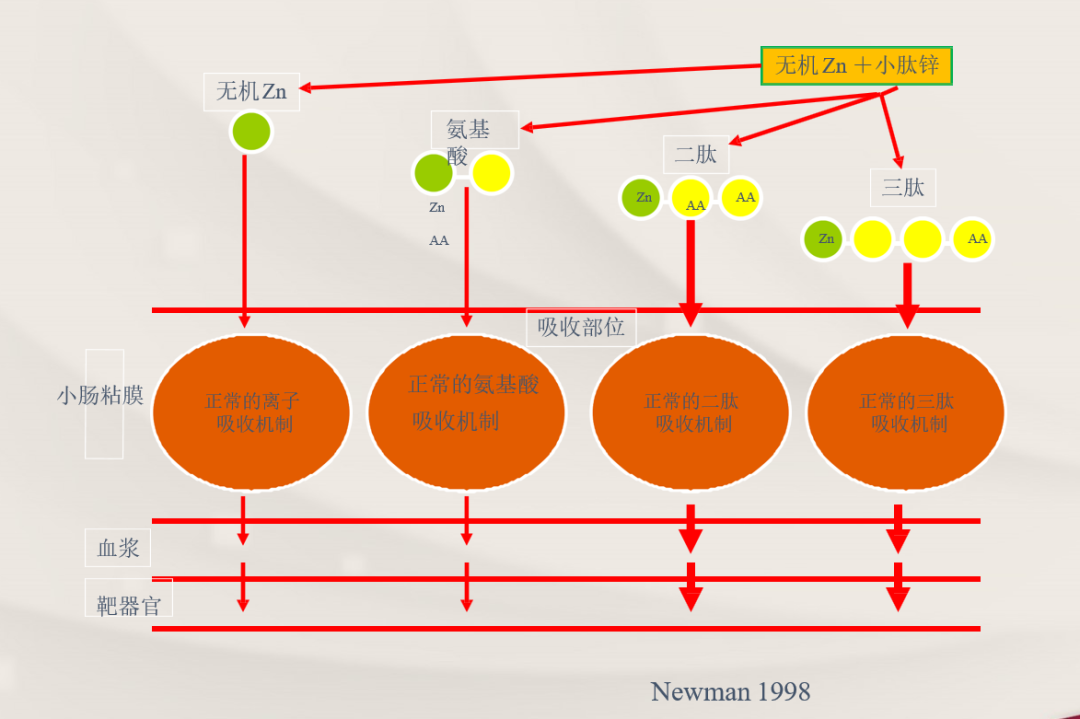
absorption mechanism of trace elements
Since then, many scholars have turned their attention to the study of small peptide chelate salts.Investigate.small peptide chelate saltIt is a new mineral additive after inorganic mineral salt and simple organic mineral salt. Therefore, it is called the fourth generation of trace element additives by many people (Qiao Yuejian et al., 2015).
Application of Protein Salt in Livestock and Poultry Production
A large number of experimental data and production practice have proved that compared with inorganic trace elements, protein salt has significant advantages in improving the production performance of livestock and poultry, reproductive performance, improving meat quality and reducing the emission of trace elements in manure, and has the characteristics of trace high efficiency.
Application of Protein Salt in Chicken Production
Research data
①Rodolfo等(2020) The study found that low levels of protein salt added to the diet can beImproving broiler performance and reducing mineral emissions in manure.
②Qiu et al(2020) also found that the addition of low-dose organic trace elements protein ore in the diet will reduce the mineral content in the manure,Will not affect the production performance and egg quality of laying hens.
③Wang et al(2019) Using low-dose protein salts to replace inorganic trace elements, it was found that compared to the inorganic trace element diet group, the organic diet group with the same trace element content increased the egg production rate and the qualified egg rate, respectively.9.56%and18.33%, the ratio of feed to egg is reduced7.83%.
④Klecker等(2002) It has also been found that organic chelates can replace 20% or 40% of manganese and zinc in inorganic sources.Significantly improve the laying performance of 20-60 week-old laying hens.
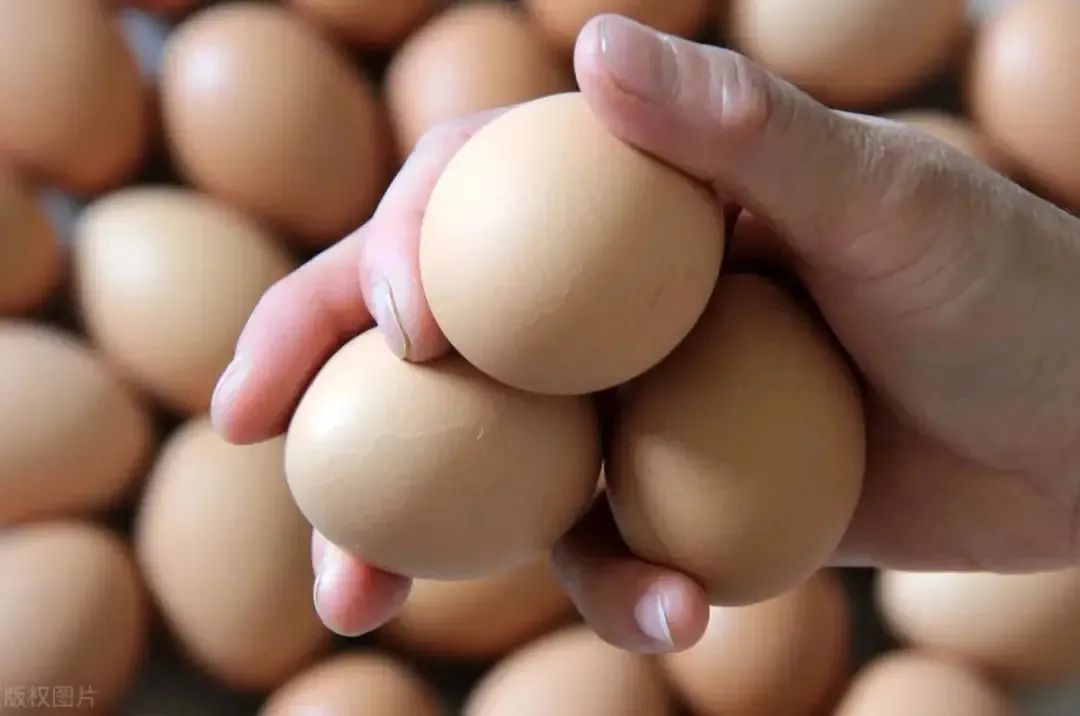
(Source Network)
Application of Protein Salt in Pig Production
Research data
①Wang Yong et al (2020) used in sow diets500gprotein salt organic trace element substitution1kgInorganic trace elements, total litter size increased in sows1.31%(P>0.05), litter size increased3.78%(P>0.05), increased birth weight13.05%(P<0.05), the number of healthy cubs increased5.02%(P>0.05), increased birth weight9.02%(P<0.05). The content of Cu, Mn and Zn in pig manure of protein salt organic trace element group was more than 50% lower than that of inorganic group, the emission reduction effect at source was very significant, and the ecological benefit was obvious.
②Yin Xiaofeng et al(2016) The low copper complex trace element additives were formulated with amino acid trace element chelates, small peptide trace element chelates and organic trace elements to replace the trace elements in the basic diet.chelated copperAccording to the trace element balance technology to prepare piglets low copper diet, there are.Trends in improving piglet daily gain and feed remunerationcan maintain the normal physiological and biochemical process of piglets, can significantly reduce the excretion of piglets fecal Cu50%~80%, in whichsmall peptide trace element chelateThe role is more significant.
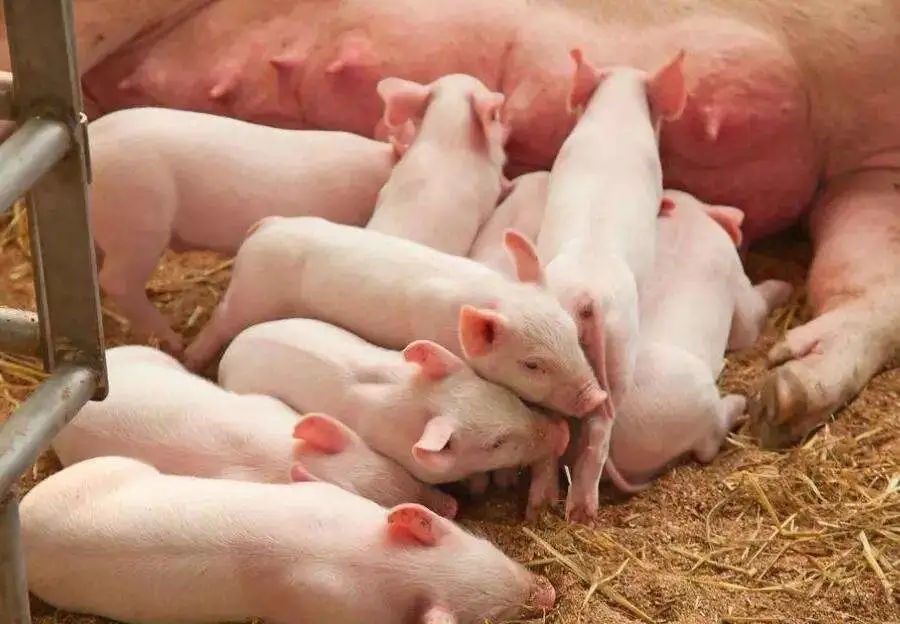
(Source Network)
③ Wang Minqi et al. (2009) reported that small peptide chelates could significantly improve carcass lean meat percentage, increase eye muscle area, reduce fat percentage, backfat thickness, triglyceride and cholesterol content.
④ In addition, the effect of organic trace elements onSolving Iron Deficiency Anemia in Newborn PigsThere are also significant effects. Iron is closely related to the growth and development of suckling pigs. The early growth rate of suckling pigs is fast, and relying solely on breast milk for iron supply may lead to iron deficiency anemia in suckling pigs.Li Yongfu et al(2001)Using small peptide chelated iron as an iron supplement, added to the diet of pregnant and lactating sows and suckling pigs, the results showed thatSmall peptide chelated iron can enter breast milk more effectively than ferrous sulfateSmall peptide iron supplementation with breast milk can increase the iron acquisition of suckling pigs. And suckling pig supplement small peptide chelated iron not only hasHigher Hb levelsThe amount of iron reserves in the body is also higher than that of iron supplementation, which can meet the iron needs of suckling pigs.
Small Peptide Chelate Salt-Xing Peptide Le
Xing Peptide
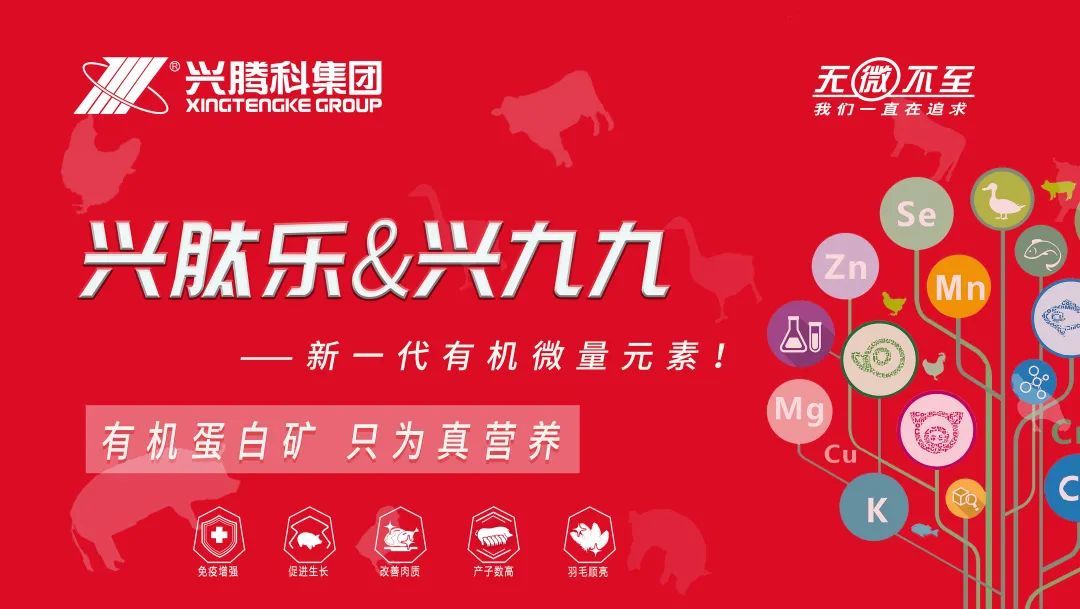
produced by xingtenkeXing Peptide, Is made of soybean protein isolate and trace elements chelated under specific conditionssmall peptide chelate salt, hasSmall volume, large energy, good stability, efficient absorptionOn the basis of meeting the normal nutritional needs, the quality risk is greatly reduced, and the feed formula is simplified, while achieving.Stable quality and good effect.
Trace elements, protein salt, production
Related News







